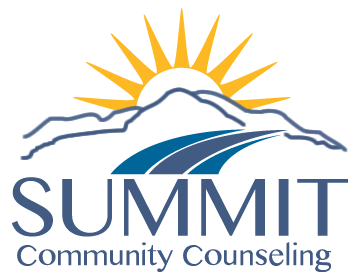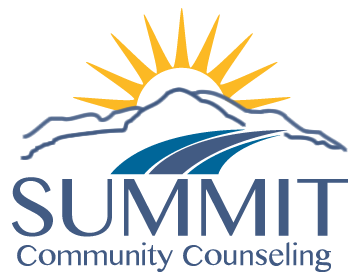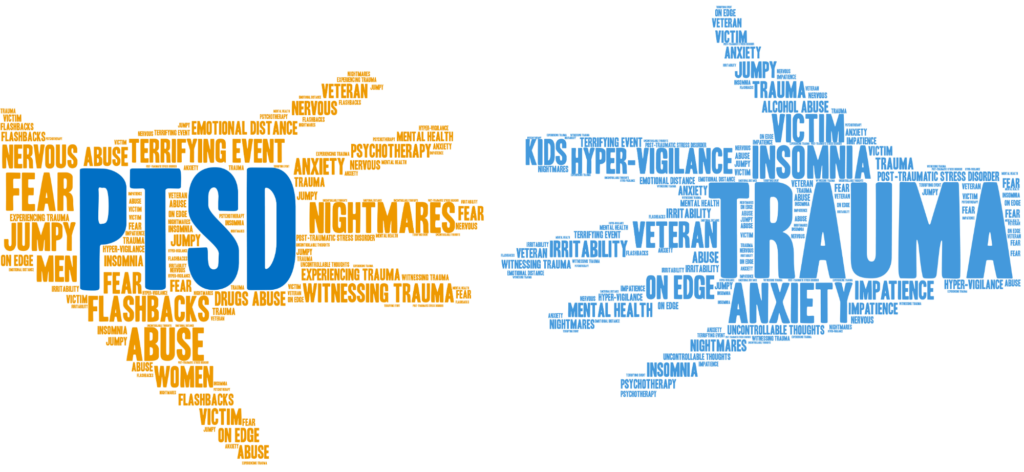PTSD, Post Traumatic Stress Disorder, is a condition that can affect military personnel and non-military people. When we hear the acronym PTSD, however, we often relate it to someone who has experienced war or combat. Indeed, this is often where the term is most widely used and generated from the original name of “shell shock” from World War I.
PTSD is a mental disorder that can affect anyone who has experienced some kind of traumatic life event. It is important to note that simply because someone has encountered combat or traumatic events, doesn’t make them a sufferer of PTSD. Each human mind reacts differently to traumatic events. Its complexity is still being understood by medical professionals through various studies and research.
PTSD is a mental health issue and must be diagnosed by a mental health professional, however, the public’s awareness of symptoms could help save lives by encouraging the sufferer to seek help. Some symptoms of PTSD are; Suicidal thoughts, self-destruction, irritability, depression, thoughts of harming one’s self or others, flashbacks or nightmares, hyper-viligence, just to name a few.
PTSD Awareness Day is observed on June 27th each year. The awareness day became a tribute to the life of Staff Sgt. Joe Biel died in 2007 from suicide after two tours to Iraq and suffering from PTSD. The observance of the day can be done by speaking out about PTSD, the effects, the symptoms and creating an overall awareness.
If you or someone you know has been a victim of traumatic events and may be suffering from PTSD, please consider calling a mental health professional. Those experiencing suicidal feelings or self-destructive urges should get help immediately. The Suicide Crisis Hotline (1-800-273-8255) has a specific resource for veterans and the Department of Veterans Affairs offers a Veterans’ Crisis Hotline confidential chat resource.
Summit Community Counseling is committed to offering the best mental health care to our clients. We can and want to help.


